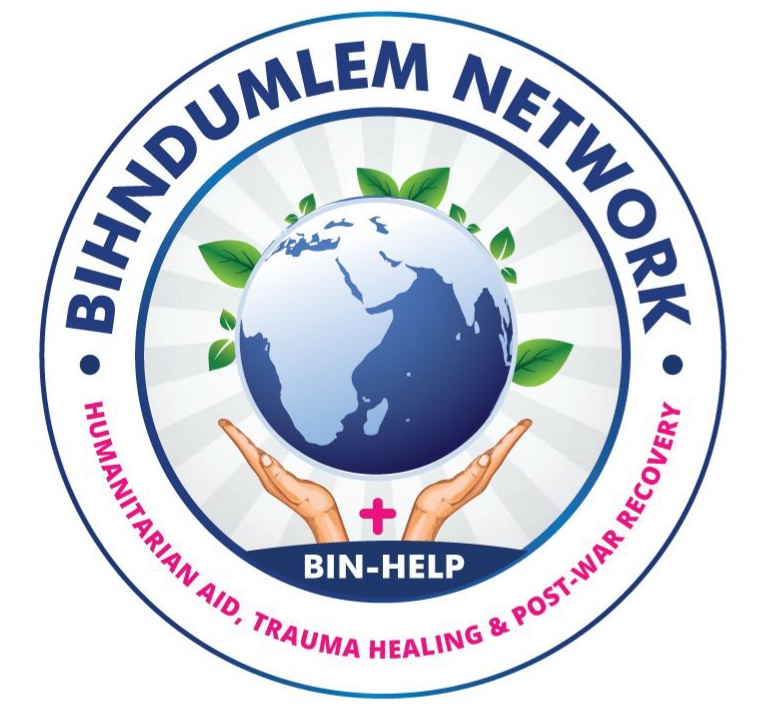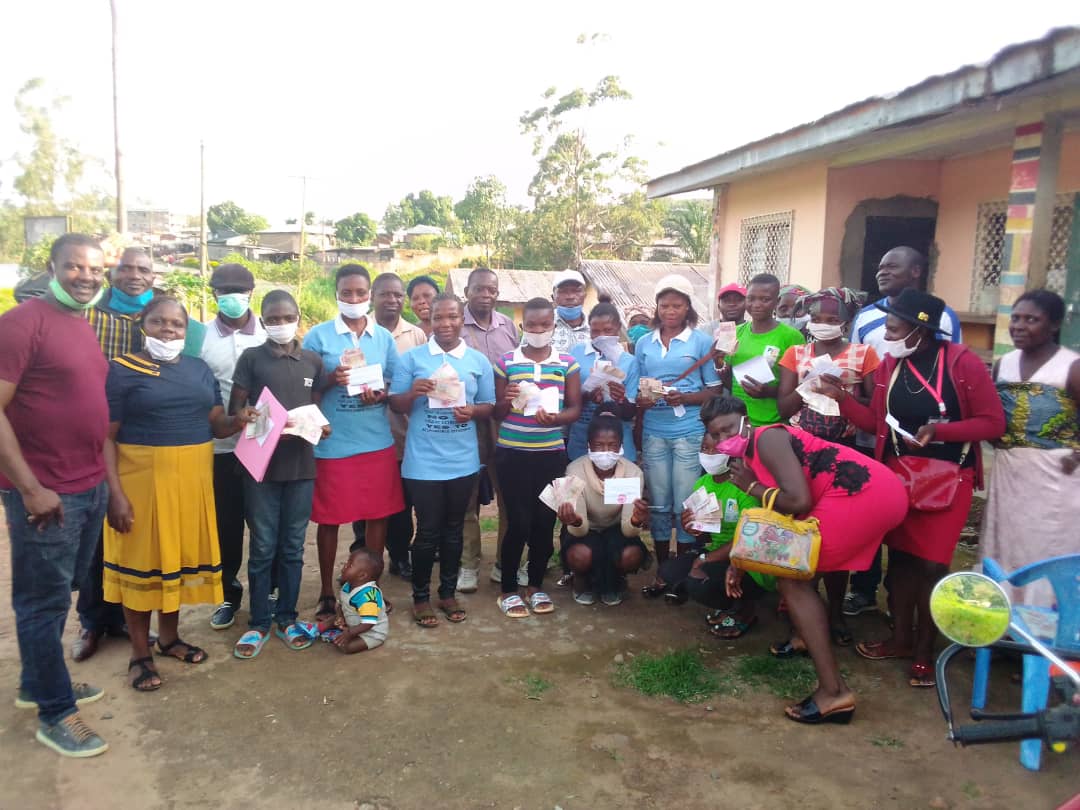According to the UN Children’s Fund, in 2014 at least 123 girls under the age of 20 have been forced to engage in sex or perform other sexual acts. Millions more including boys, never tell anyone about being abuse as a result of fear and stigma. In all of these, little has been done in terms off national and organizational policies and actions to fight against SEA. The prevalence in developing countries and communities is very high. Wum a rural community in the North West Region of Cameroon falls under this category. According to BIHAP field reports on SEA within the Wum community at least 1 in every household is a victim of SEA and 4 out of 10 have consciously or unconsciously suffered one form of sexual exploitation or abuse.
The high prevalence of SEA in rural communities is as a result of limited knowledge in terms of what it is and equally preventive actions. The stigma associated with SEA and failure to integrate it as a social problem with the community because of cultural perceptions has given a free operating space for its perpetrators.
The need to educate the community on the evils of SEA and provide guidelines against SEA especially within the context of Covid-19 becomes urgent. This is working inline with the Sustainable Development Goals and target 16.2 to “end abuse, exploitation, trafficking and all forms of violence and torture of children” by 2030.
This project therefore seeks to: increase community awareness and action against SEA. This will be done through the production of context-based education and communication materials and guideline on against SEA.


